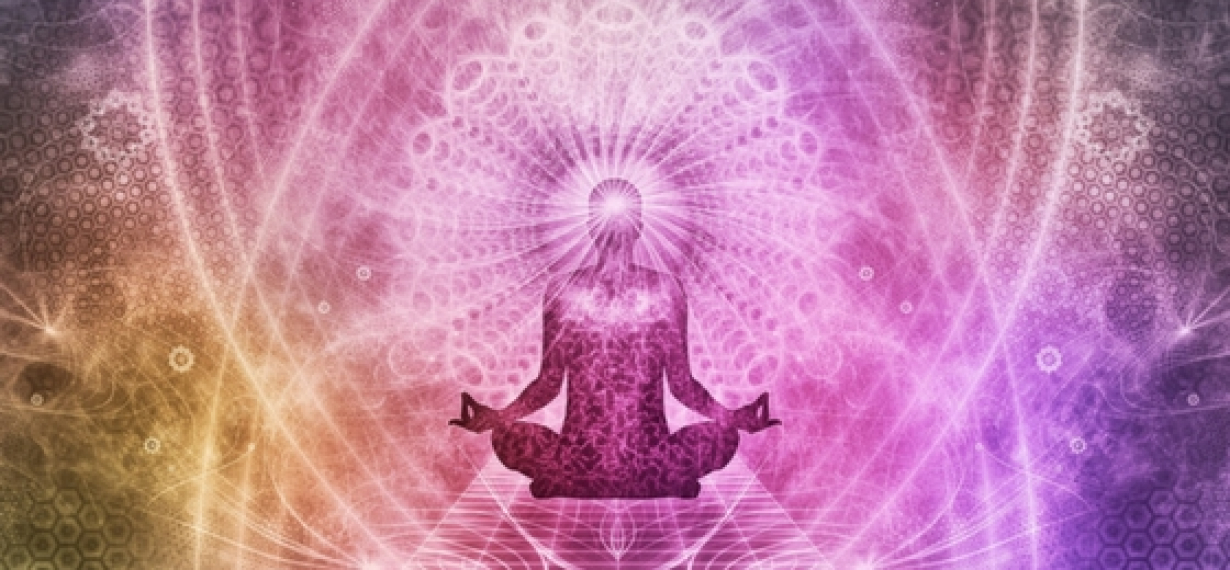
Mindfulness is a state of being actively attentive to the present moment.
Imagine enjoying your life to the fullest, being present to experience every moment of your life deeply. Envision not thinking about the past or future but simply and purposefully appreciating each moment of life without worrying about what has been or is to come.
The present moment is the only place where change occurs!
The power of mindfulness has been available to human beings for thousands of years, but the concept of mindfulness has only begun to be embraced more recently.
Historical evidence suggests that Buddha first widely taught mindfulness over 2,500 years ago.
In his teachings, the Buddha talked extensively of sati, a special form of heightened awareness that promoted the end of suffering and fostered happiness and well-being for all.
Sati is the Buddha’s word that we now translate into English as “mindfulness.” According to the Buddha’s teachings, it is necessary to eliminate delusion and see the world and ourselves as they truly are.
Practicing mindfulness grounds you in the present moment. So many of us are very involved in work, family, social activities, social media, events, etc. Our lives sometimes feel overly full, complicated, and busy.
Mindfulness is a particular kind of awareness; it is a state of consciousness that places open attention on the present. When you are mindful, you observe your thoughts and feelings from a distance without placing judgment on them.
You recognize that your thoughts and judgments are neither good nor bad. You accept reality for what it is rather than complaining about the way it is or isn’t.
Mindfulness puts you in a place of power to distinguish between what is happening around you and your story about what is happening around you. Instead of letting life pass you by, living a mindful life means grabbing life by the reins and LIVING each moment.
Mindful living awakens you to experience life in a whole new way.
Most of the time, many people merely exist in mindlessness, a state of semi-awareness governed by habit and inattention. This state of mind causes us to suffer – probably more than we are even aware of.
Many of us miss being present in our lives because we are caught up in our thinking, literally lost in our own thoughts.
Research shows that we have 6,200 thoughts a day. Most of them are repetitive, and 80% are negative. We contemplate things that have happened long ago or have not even happened yet!
Do you ever feel as though your attention is being pulled in many directions at once or find yourself caught up in negative thoughts, leading to stress and almost debilitating anxiety?
This everyday mental condition is not unavoidable; there is a cure for it, and it’s called mindfulness.
Mindfulness is a skill that anyone can learn. Moment-by-moment awareness is the process of observing your experiences as they unfold, not from a place of victimization but rather from a place of consciousness.
This process takes time; we are essentially re-training our brains to operate on another level by using practical techniques that bring us into the present moment to bring greater life satisfaction at any age.
Research also shows that practicing mindfulness helps people manage physical pain better. It can help prevent further episodes of depression in people who have already had depressive symptoms or periods of depression in their lives.
Mindfulness can improve overall emotional well-being and decrease anxiety in people of all ages. In contemporary medicine, mindfulness is often used in connection with stress reduction and overall health and wellness.
One study recently presented to the American Heart Association showed that patients who practiced mindfulness regularly reduced their risk of heart attacks, strokes, and death from all causes by one-half when compared to similar patients who were only given education about healthy living and diet.
While mindfulness has become more widely popular in recent years, its origins and promises date back thousands of years.
Kabat-Zinn is a famous mindfulness meditation teacher today and founded the Mindfulness-Based Stress Reduction program at the University of Massachusetts Medical Center.
Jon Kabat-Zinn defines mindfulness as “paying attention in a particular way; on purpose, in the present moment, and nonjudgmentally.”
To learn mindfulness tips for busy people and explore short daily practice techniques, sign up for my Zen Professional: 5-Minute Mindfulness Techniques for the Workplace Video Series today or schedule an individual session!
If you liked this article, please like my Facebook page and subscribe to my YouTube channel for additional video resources.
Heal your old patterns and blocks to attracting and creating a loving relationship with our FREE Love Affirmations Worksheet “Daily Affirmations to Attract and Sustain Love”.

“Thank you so much, Inga! My daughter accomplished more in one session with you than she has in over three years of traditional therapy and seems to have been transformed in less than a couple of days. I can’t wait to see how much she progresses as she continues her sessions with you!”
– Sandra Watson,
Phoenix, Arizona
“I am a firm believer that the mind controls our body and that we can tell our mind to do almost anything. I believe in the saying: “If you can conceive it, if you believe it, you can achieve it”. I enjoy your class so much. Your voice is so beautiful and soothing. You make learning so easy for us to learn so many interesting things. Thank you for all your help and for being you!”.
– Henry Narozny,
Scottsdale, Arizona
“Inga is a wealth of knowledge and helped me overcome struggles that I wasn’t ready to let go of in my close relationships. She helps me see things from a different perspective (mind-body-spirit). I appreciate her well rounded approach and the variety of resources she provides. For example, her segment in the book Mastery of the Mind reminded me to mentally detox my self-berating habit. Her meditations are powerfully spot on to help lower stressful moments for me. I’d describe Inga as a compassionate, caring, highly intelligent, and immensely helpful professional. If you’re struggling with relationships or want to improve your interpersonal development, I highly recommend you try her out”.
– Lynda Lee,
Scottsdale, Arizona
“Inga pours a lifetime of expertise, insight, and knowledge into her sessions with clients, who inevitably walk away with a richer understanding of themselves (and resources they can turn to after the end of the session to revive that spark of understanding). Personally, I learned a lot about myself, namely the forces that were afflicting me to the point of being recommended to visit her by a dear friend. She is the first person who successfully performed hypnotherapy for/on me, and I am grateful for that experience to this day (years after the fact). 100% recommended for anyone open to healing and being heard by a master of her craft.”.
– Vineet Dixit,
Cave Creek, Arizona
“My very first guided imagery session was with Inga. She took the time to explain to me what hypnotherapy is, what to expect, and how to work towards achieving the desired outcome. Inga is a gifted therapist with a natural ability to connect with her clients. Her voice is calming and soothing. Inga’s presence and energy are positive and uplifting. My experience couldn’t have been any better. I highly recommend Inga to anyone who is looking for a great experience.”
– Stephanie Vlasich,
Tempe, Arizona
“Inga is very positive and welcoming. She takes all of the client’s concerns into consideration, offers great imagery, and uses very positive techniques and great feedback. The setting is very relaxing, and her thoughts are complete with a soothing voice. Very calm and relaxing. Thank you, Inga.
– Monique Kelly,
Phoenix, Arizona